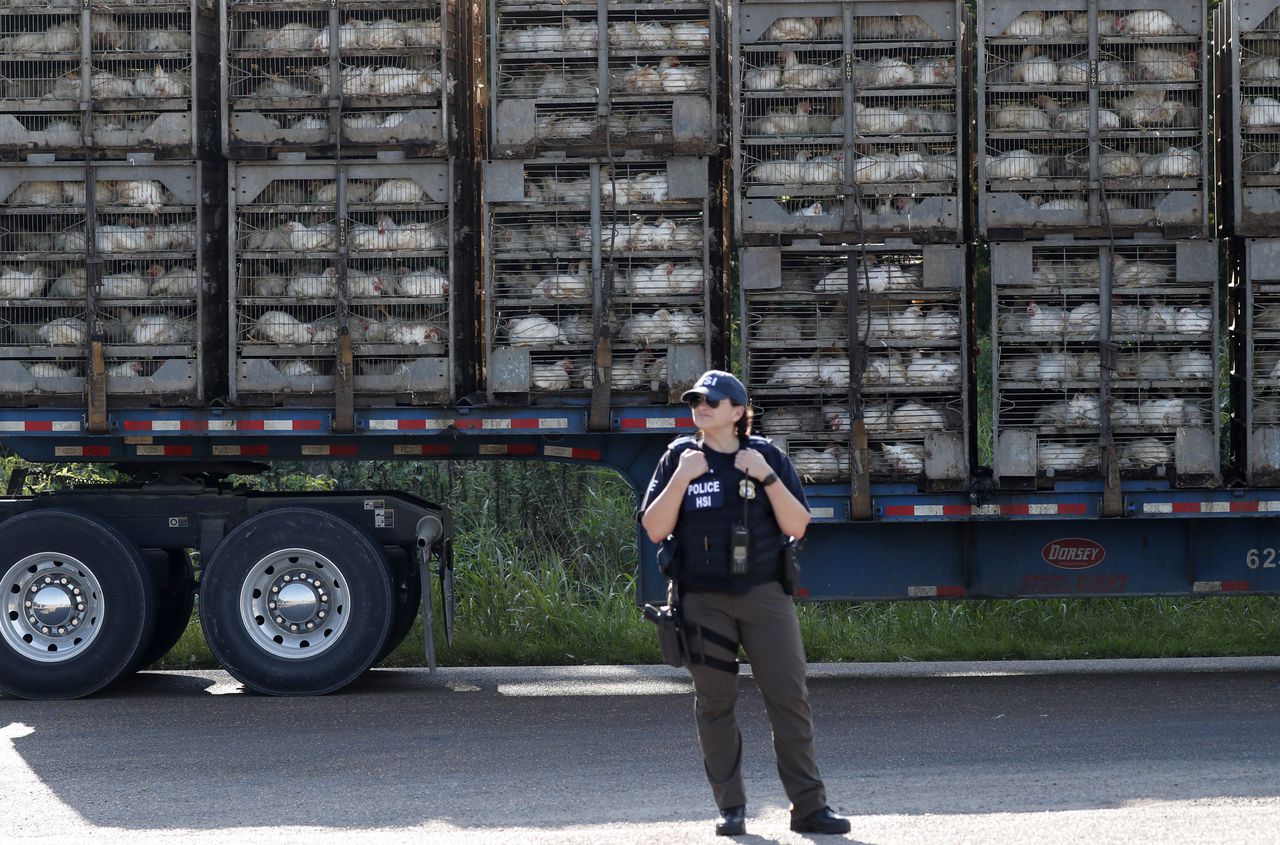Feds: Koch Foods unfairly charges penalties to growers who switched to rivals
The Justice Department today filed a civil lawsuit against Koch Foods, alleging the company unfairly required chicken farmers to pay the company a termination penalty if they switched to working for competitors.
The department also filed a proposed consent decree to require Koch to return expenses, fees and penalties it imposed on growers who tried to work for other chicken processors.
Federal officials say the practices violate the Sherman Act, and the Packers and Stockyards Act.
“Antitrust and competition laws protect growers’ right to benefit from competition for their products, their services and their labor,” Deputy Assistant Attorney General Michael Kades said in a statement. “This enforcement action marks another important step in the division’s renewed partnership with the Department of Agriculture to promote free and fair competition and reinvigorate enforcement of the Packers and Stockyards Act.”
Koch operates processing facilities in Alabama, as well as Georgia, Mississippi and Tennessee.
According to the suit, Koch kept farmers from switching to other processors by requiring them to repay a “substantial share” of their income as a penalty if they terminated their contract. The termination penalty, which varies across chicken growers, amounts to more than half of most growers’ total annual take-home income and sometimes more than one year’s entire take-home earnings.
The department says Koch sued or threatened to sue more than a dozen family farmers who tried to switch to a Koch competitor. Because of this, the policy operated as an de facto noncompete clause, in violation of the Sherman Act, officials said.
The Antitrust Division filed a proposed consent decree that, if approved by the court, would require Koch to:
- Inform all current growers with contracts containing a termination penalty provision that Koch will not enforce the provision.
- Reimburse growers for all termination penalty payments and out-of-pocket legal expenses incurred as a result of Koch enforcing the termination penalty.
- Refrain from including a termination penalty in any grower contracts and from taking any steps to collect any payments for the next seven years.
- Refrain from retaliating against any grower who is involved in any dispute involving a termination penalty payment, or who cooperated with the Justice Department or USDA in their investigations of Koch’s termination penalty practices.
- Meet certain reporting and compliance obligations, including an annual certification for the next seven years that Koch is complying.
